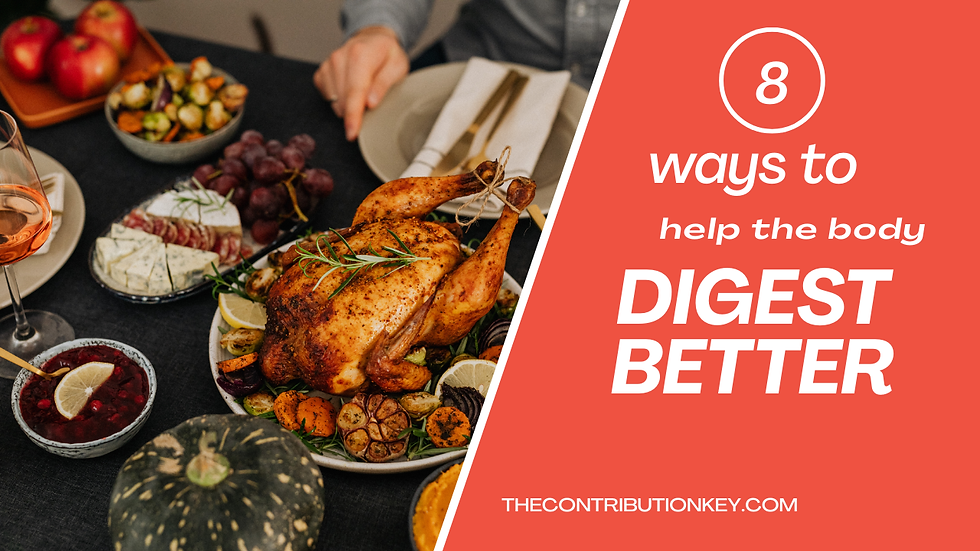WHAT IS RESILIENCE AND WHY IT IMPACTS OUR HEALTH AND AGING
- Michele Buenger, RN, BSN, CSA®, NBC-HWC

- Sep 30, 2025
- 3 min read
Resilience is essential for healthy aging because it enables us to recover when encountering stress or challenges. Lacking this ability can lead to a quicker decline in the body, impacting our quality of life and lifespan. Fortunately, resilience can be cultivated and enhanced.
WHAT IS RESILIENCE
What is resilience and why does it impact our health and aging? Resilience is the ability of an object to bounce back to its original shape after being compressed. In health and wellness, it is the body’s ability to recover after having been stressed.
WHAT RESILIENCE LOOKS LIKE
Individuals with high resilience typically:
· Have a high sense of control,
· Show an ability to problem solve,
· Demonstrate strong emotional regulation, and
· Build and maintain a strong support system.
WHY RESILIENCE IMPACTS OUR HEALTH AND AGING
The term trigger describes stressors that cause the body to engage the central nervous system, sending us into the fight or flight response in order to address what it perceives as an assault or threat.
What can be a trigger? Well, in a word – Anything!
· Triggers can be physical (like a reaction to something we eat or a chemical in the environment).
· Triggers can be mental (like an overwhelming work schedule).
· Triggers can be emotional (like an unattended trauma that surfaces unexpectedly or unhealthy relationships).
· Triggers can be anything that makes the body feel out of balance (known as homeostasis)
In each of these instances, whether perceived or real, the body engages in that fight or flight response in order to “deal” with the threat. If this happens often enough, or long enough, it strips the body of its resilience. We just don’t “bounce back” like we used to.
NOT ALL STRESS IS BAD
It’s important to remember that stress can be good. It can make us stronger. This is known as eustress.
· Exercise stresses the body, increasing bone and muscle strength.
· Conflict, when addressed appropriately, builds relationships.
· Struggling through a problem builds our cognitive capacity.
The issue is that for many of us, the body is simply overwhelmed by the sheer number of stressors, and when the body becomes maxed, it has trouble kicking out of that fight or flight response.
INCREASING RESILIENCE
START WHERE YOU ARE AT
So how do we build resilience? If you find that your body is “over-reacting” to a lot of things, it isn’t the time to chastise yourself for not being stronger. The body is just overwhelmed right now, and it’s telling you it’s overwhelmed by sending you lots of symptoms.
It’s time to stop and begin making that list of what is actually triggering those symptoms, which requires really paying attention and being mindful.
REMOVE THE STRESSORS THAT YOU CAN
The goal, then, is to remove as many of those triggers as possible, at least for a time, so the body has time to come down from that fight or flight response, and begin allowing that para-sympathetic nervous system to engage. This is when healing happens.
ADDRESS THE REST
Additionally, it’s time to begin addressing those triggers that you can’t avoid.
It may be time to go to therapy and address unattended trauma.
It may be time to set boundaries in relationships, or end some al-together.
It may be time to remove gluten, dairy, and/or processed sugars.
HOW TO GROW RESILIENCE
GIVE YOUR BODY TIME TO HEAL
Allowing a period of rest from known triggers can help place the body in a position to, instead, focus on healing. It involves patience and time, rest and recovery. Not characteristics that today’s culture promotes, which is partly the problem in the first place.
It’s about communicating to the body and mind, “I see you. I’m listening to you. You are worth investing in. Take some time and heal.”
STRENGTHENING RESILIENCE
Take time to help the body engage the parasympathetic nervous system, which means it is not in fight or flight and it can focus on healing. This can be done in a variety of ways:
· Yoga
· Deep breathing
· Meditation
· Prayer
· Vagal stimulation
· And more!
I initially had tons of triggers. Over the last few years, however, as my body has healed, what triggered me in the past, isn’t triggering me today. That’s a win! It’s proof that my body is healing!
The hope, is that over time, as the body heals, it becomes less about avoiding the stressors, and it becomes more about the quickness with which the body recovers after the assault has taken place.
Ask yourself, when you experience a stressor, what is your body’s response to that stress and how long does it take your body to recover? That’s your level of resilience!




Comments